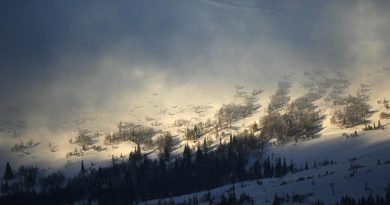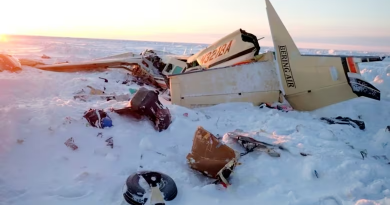National holiday is just one part of reconciliation, say Yukoners in northwestern Canada
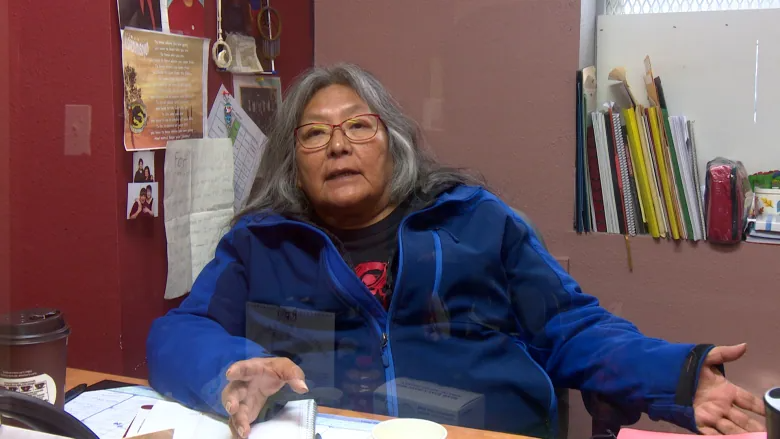
‘We can either celebrate this day by doing nothing, or we can celebrate it by telling our stories’
As thousands of Yukon public service workers observe Thursday’s holiday, Joanne Henry and her staff will be providing on-the-ground support to residential school survivors, like they have for the last 14 years.
Henry, the executive director of the Committee on Abuse in Residential Schools Society (CAIRS), doesn’t have the day off. She’s working on the first-ever National Day for Truth and Reconciliation.
The federal statutory holiday, adopted by the Yukon, is intended to honour residential school survivors and their families through public commemoration.
But Henry, who was forced to attend Lower Post Residential School as a young girl, says she and others suffered constant abuse at the hands of the Canadian government and the church — and one day of remembrance doesn’t go far enough.
“All of a sudden, the government said ‘here’s a day for you, recognize it, woo-hoo, carry on,'” Henry said. “No disrespect to that day, but it’s like, come on — we’ve been doing this for years, asking for reconciliation.
“If you recognize that day, great. Good for you. But do it every day of the year — because we have.”
On this first National Day for Truth and Reconciliation, CBC set out to see whether the day is coming together as it’s intended to, and what work still needs to be done to acknowledge the lasting legacy of Canada’s residential school system in the Yukon.
Not enough time to prepare, minister says
The Canadian government passed Bill C-5 for the statutory holiday on June 3. It is a response to Call #80 of the 94 Calls to Action from the Truth and Reconciliation Commission.
The Yukon government announced on Aug. 20 that the territory would adopt the holiday, leaving just over a month to prepare, according to John Streicker, minister of the Public Service Commission.
He said it “hasn’t been enough time” to coordinate learning opportunities for government employees, but the aim is to do so before next year’s holiday.
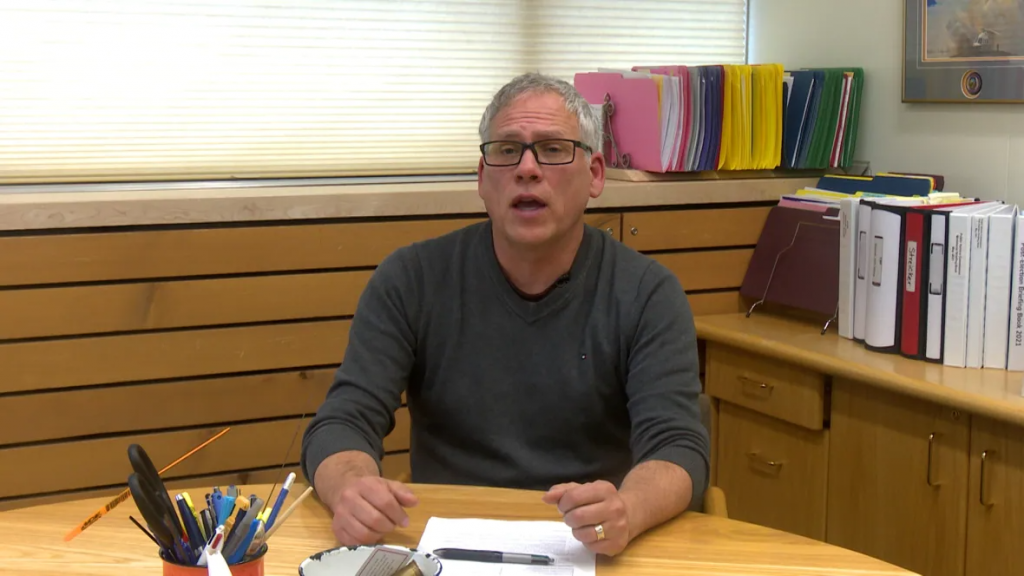
“What we’ve asked our employees is that they don’t think of this as a holiday, but that they think of it as a time to be reflective on our collective responsibilities,” Streicker said.
Streicker said the government is encouraging staff to participate in local events in their communities this year.
Fewer Indigenous people in Yukon’s public service
Indigenous peoples are underrepresented in Yukon’s public service, according to recent statistics, and so there may be many Indigenous Yukoners who do not get a holiday.
In 2020, 15 per cent of all territorial government workers identified as Indigenous, compared to 22 per cent of the territory’s population.
The Yukon government launched a preferential hiring program in October 2020 to boost those numbers.
CBC asked for a copy of the most recent statistics to see what progress the program has made in the last year, but did not receive a reply before publication.
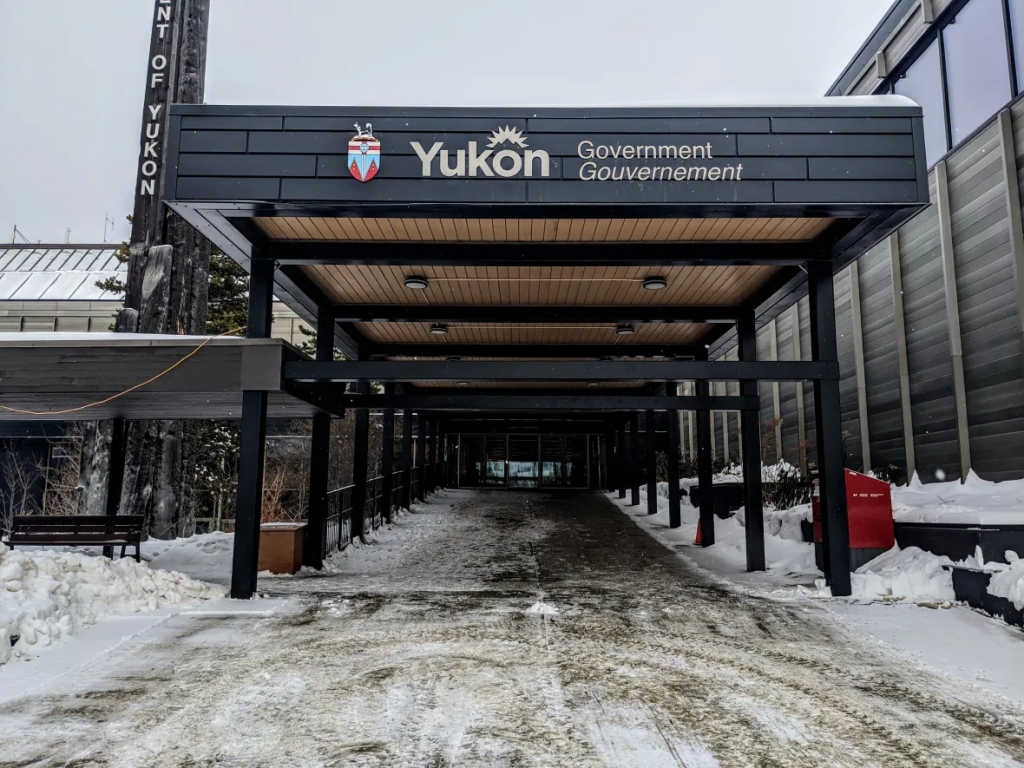
Yukon government employees also receive a statutory holiday for National Indigenous Peoples Day on June 21. Around the same time that holiday was introduced, Minister Streicker said some government employees who work with the public started receiving cultural sensitivity training.
Streicker said he doesn’t foresee more training being introduced in response to this holiday.
He wants to discuss the new federal holiday at the next Yukon Forum, and work together to find the best way to mark the day in years ahead.
Unclear uptake from businesses
When the holiday was announced, Streicker said the government reached out to businesses right away to explain what was coming and to work with them to figure out ways to educate their staff.
“Each employer is going to have to make that decision about whether [to give] that time off or not,” he said.
“The most important thing is helping to educate people around the issues in the history of Indigenous peoples here in Canada.”
Denny Kobayashi, the executive director of the Yukon Chamber of Commerce, said he’s been encouraging members to educate their employees about this day, but there’s no sense of how many have decided to give time off.
The Chamber won’t be asking businesses whether they adopted the stat holiday or not, he said.
‘We can celebrate it by telling our stories’
To Peter Johnston, grand chief of the Council of Yukon First Nations, the stat holiday is like Remembrance Day — focusing on the lasting legacies of the residential school system on one day, when reconciliation should be a focus all year.
But he said there are things that Indigenous governments could consider doing on the holiday, to make the most of it.
“We as nations need to take advantage from an educational perspective but also to push government and other entities to make sure … there are opportunities for us to move ahead,” he said.
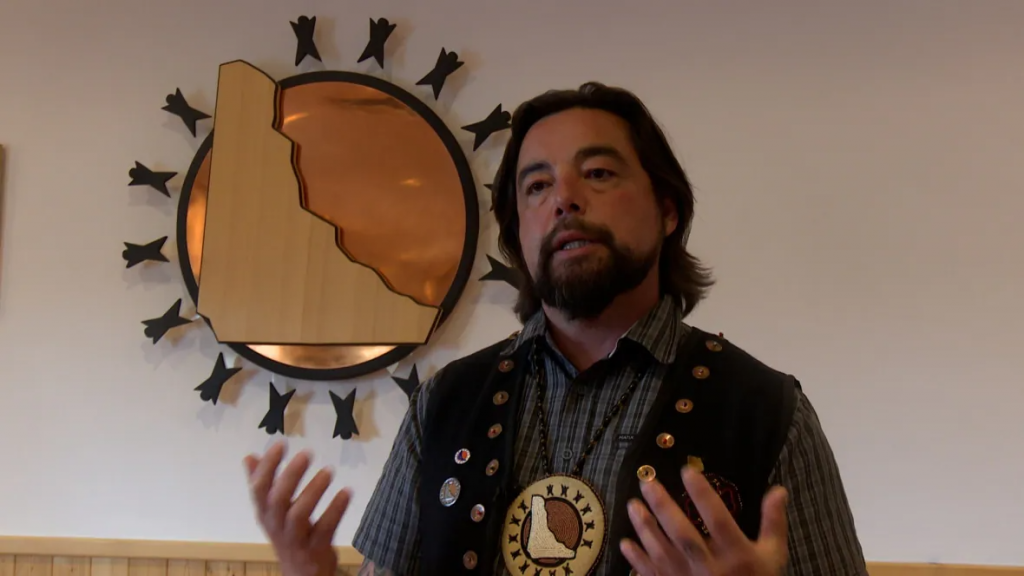
“We can either celebrate this day by doing nothing, or we can celebrate it by telling our stories.”
In the last five years, Johnston said Indigenous governments have seen progress on a new nation-to-nation relationship with the federal government.
This next generation of leaders is the first to be raised in a system of self-governance, he continued. First Nations across Yukon are preserving their languages, taking more control of finances, and creating high-paying professional jobs.
The holiday is a time to explain that forward momentum, Johnston said, while thinking about what’s next.
“The last fifty years have been a progressive movement to a better place, [but] what are the next 50 years going to look like for our people, and how do we plan so nobody gets left behind?” Johnston asked.
“That’s our mentality — together today for our people tomorrow.”
Related stories from around the North:
Canada: “We still have a lot of healing to do with our fellow Canadians” – National Day for Truth and Reconciliation observed September 30, Eye on the Arctic
Finland: Sami Parliament in Finland agrees more time needed for Truth and Reconciliation Commission preparation, Eye on the Arctic
Greenland: Danish PM apologizes to Greenlanders taken to Denmark as children in 1950s, Eye on the Arctic
Norway: Can cross-border cooperation help decolonize Sami-language education, Eye on the Arctic
Sweden: Sami in Sweden start work on structure of Truth and Reconciliation Commission, Eye on the Arctic
United States: Alaska reckons with missing data on murdered Indigenous women, Alaska Public Media

